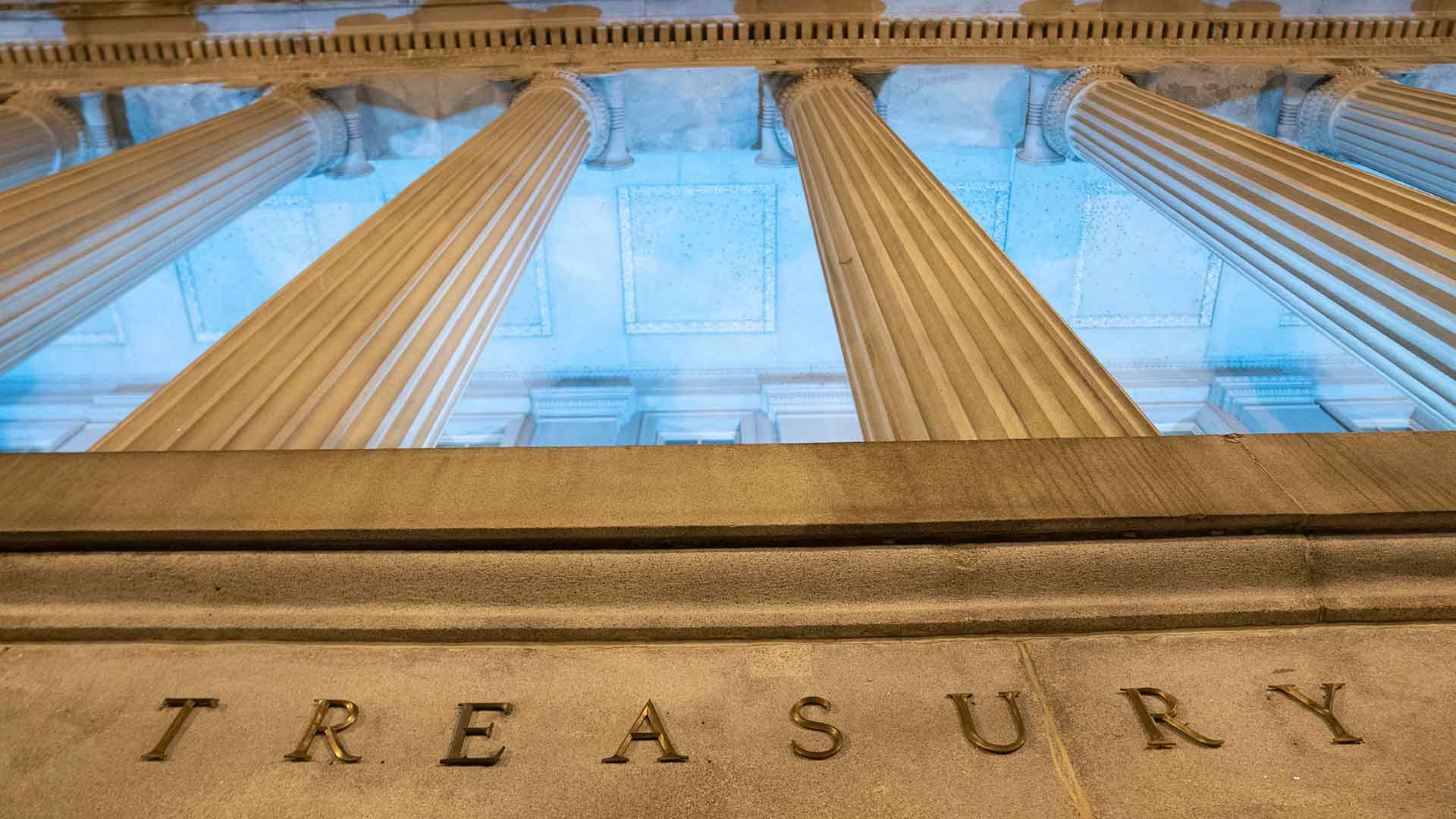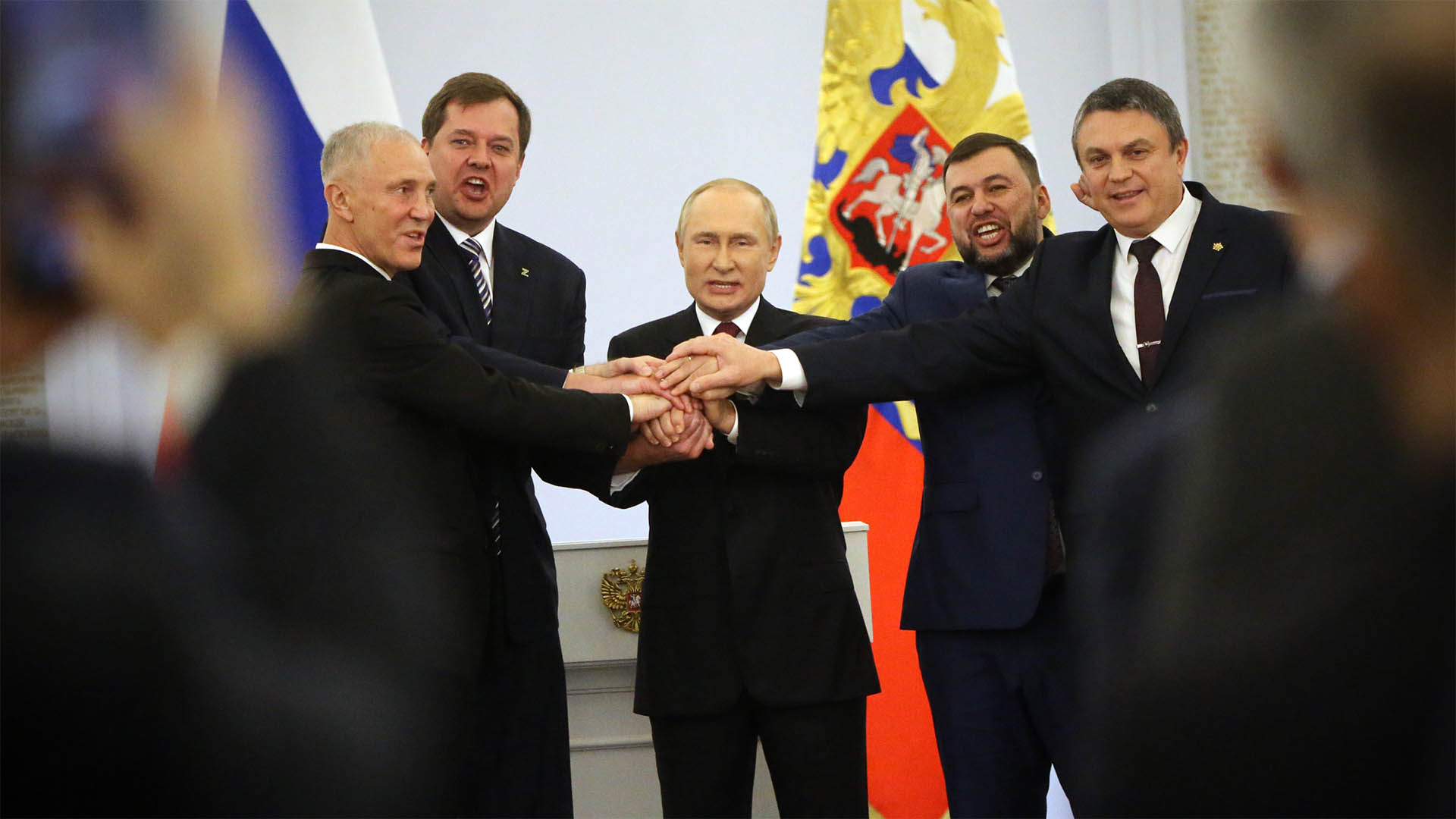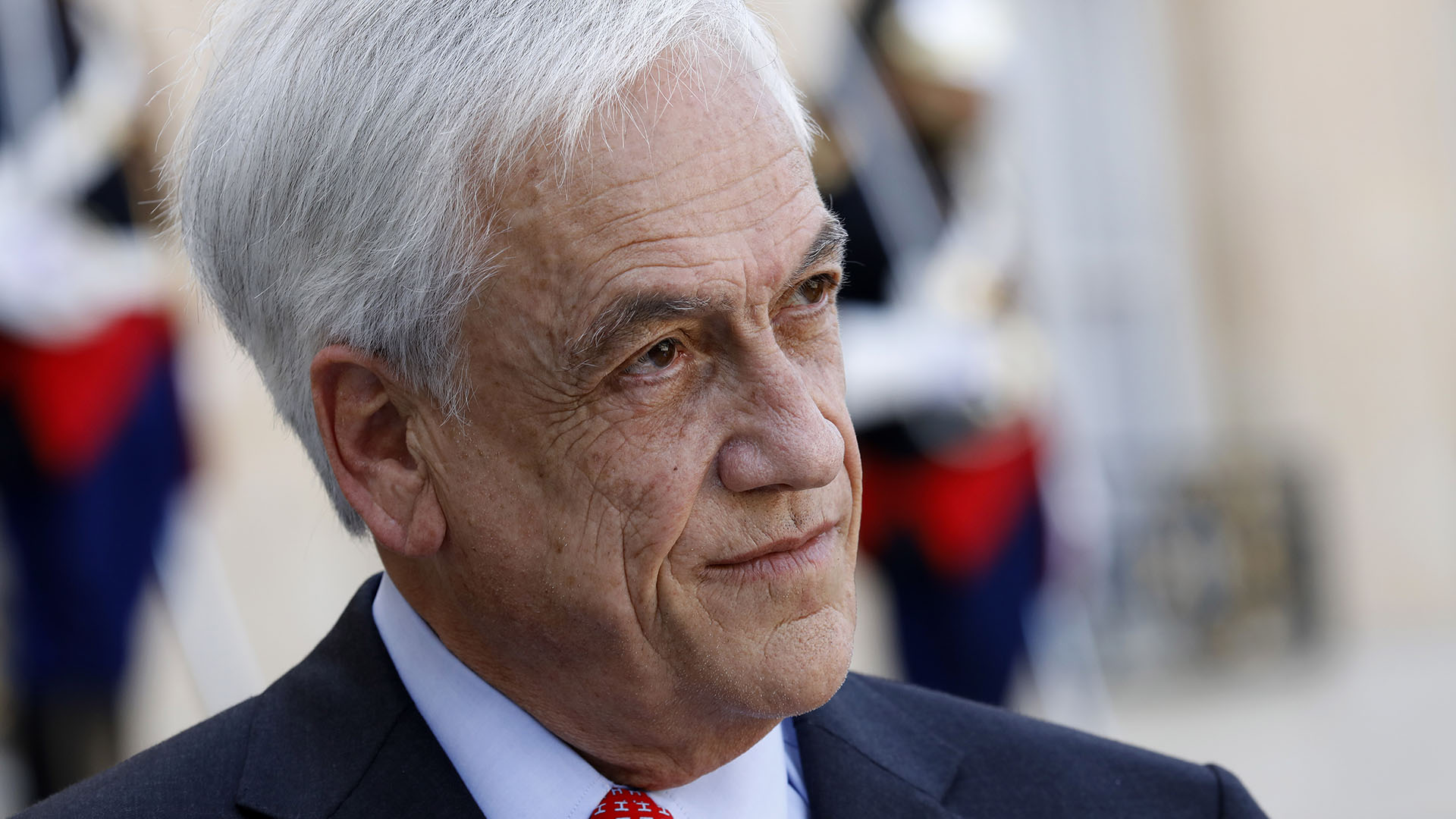U.S. authorities are investigating cases of Russian oligarchs evading sanctions by hiding assets in South Dakota trusts, an Internal Revenue Service agent told South Dakota Public Broadcasting.
In 2021, ICIJ’s Pandora Papers investigation revealed the state had become a financial secrecy hub in the United States, due to a burgeoning trust industry courting millionaire and billionaire clients by promising privacy and wealth protection rivaling overseas tax havens.
Special agent Tom Larson told SDPB that the agency had a team dedicated to uncovering assets belonging to sanctioned individuals stashing wealth in trusts through shell companies.
“We’ve found that some of that stuff is being held in trust in South Dakota,” Larson told SDPB.
“We’ve had some of those agents who’ve worked with agents we have here to go and interview those people who run those trusts, and try to unravel where that money is coming from and who is the owner of it, the beneficial owner of it.”
The Pandora Papers identified 206 U.S.-based trusts holding more than $1 billion in combined assets linked to 41 countries. Nearly 30 of those — many of which were in South Dakota — were linked to entities and individuals accused of criminal activity and human rights abuses. The global investigation by ICIJ and more than 150 media partners used a cache of 11.9 million leaked documents, including the most significant set of records made public from inside the notoriously opaque trust industry.
Most of the trust documents were leaked from South Dakota’s largest trust company, Trident Trust, and the state was found to be home to more trusts than any other in the U.S. by a wide margin. One Russian named in the leak was Anatoly Lomatkin, a fertilizer barron worth an estimated $1.4 million, who is not currently subject to sanctions.
Efforts by U.S. authorities to trace and seize assets of Russian oligarchs, along with the Pandora Papers revelations, have prompted a spate of proposals by state and federal lawmakers to crack down on anonymous and illicit money flows enabled by state laws that allow the real owners of trusts and limited liability companies to hide their identities.
Larson did not say which South Dakota companies were suspected of holding Russian assets or which oligarchs were currently being investigated by the IRS.
The agency had also identified foreign nationals from outside Russia, including from China, benefiting from state’s highly confidential trusts, he said.
“We also see a lot of Chinese individuals, business owners, and such, they want to keep their money out of the country — out of China, that is,” Larson told SDPB.
“So they look at the U.S. as a safe place to hold their money … they also don’t want the Chinese government to know where the money is. So, they’re also doing it in trust in South Dakota because of the privacy laws that South Dakota has.”








